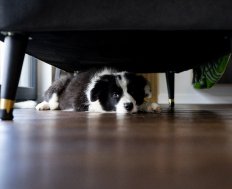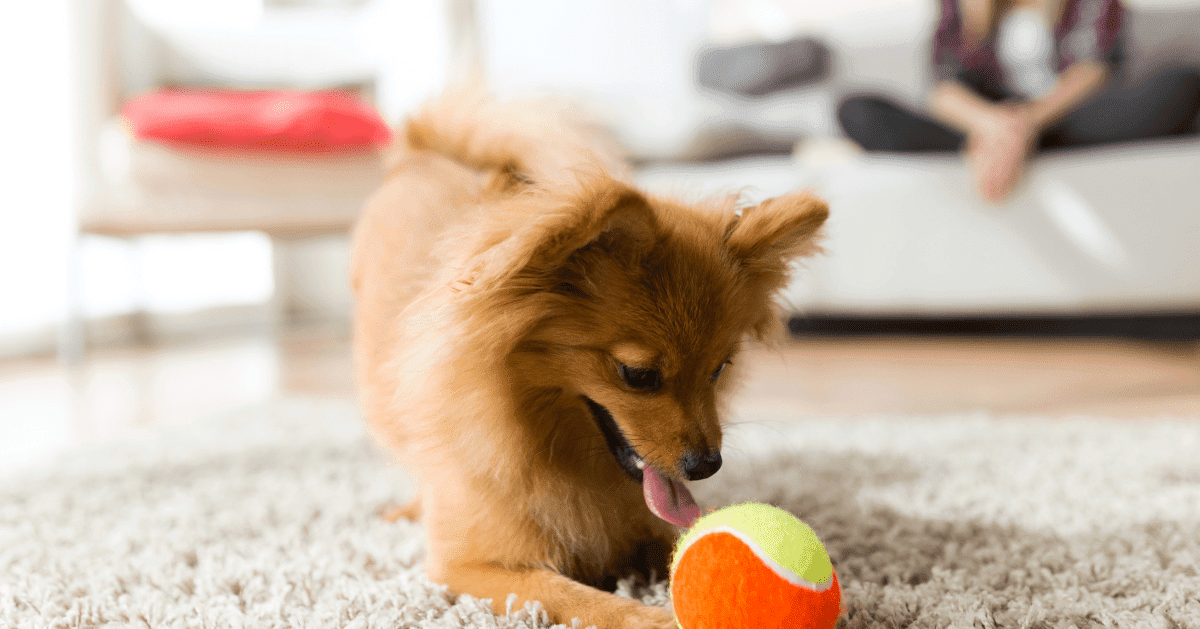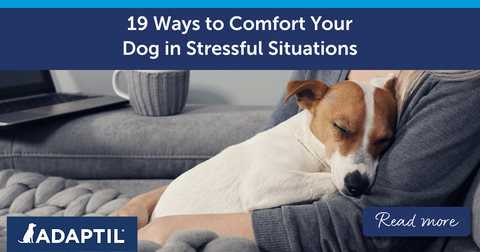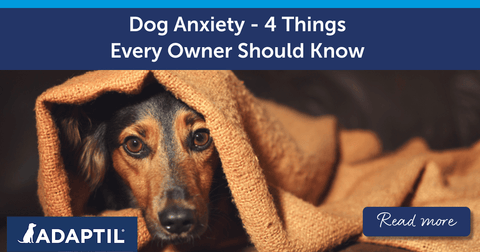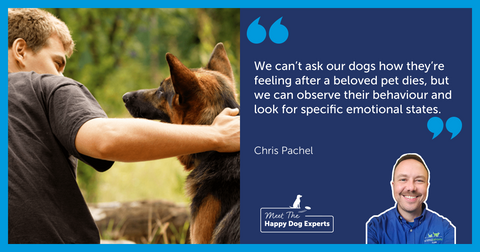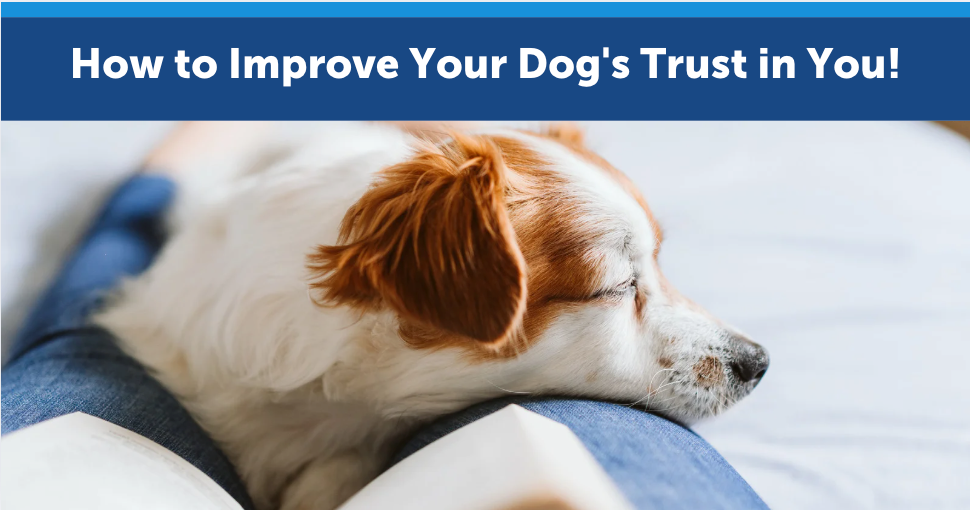
How to Improve Your Dog's Trust in You
Trust is at the heart of any relationship - and that includes your relationship with your dog. A dog that trusts you will feel safe and become your lifelong companion!
But, gaining your dog's trust does not come automatically; it has to be earned through mutual interactions, routine and positive training, which should start as soon as your dog arrives in your home.
If your new dog is a puppy, you should start positively building trust at the same time as teaching them ground rules, and socialisation.
If you have adopted an older dog, it may take a little longer to gain their trust as they will have had other experiences, which may have been positive or negative. If you have adopted from a rescue centre, their team should be able to give you insight about your dog's behaviour and their overall demeanour while they've stayed with them, and help you understand a little about their doggy likes and dislikes.
How to Improve Your Dog's Trust in You
On their approach
Your pooch might be nervous or wary when you first approach them! Remember, to them you are a stranger! It's always best to let your dog initiate the greeting and come to you on their own terms. An outstretched hand that they can sniff and explore will help your pooch feel comfortable. You can also call them to you in a friendly, welcoming manner to encourage them over - rather than moving towards them. Don't worry if they start to lick you- it's another way of checking you out and saying 'hello'!
It is also important to remember that not all dogs will want to be stroked on your first meeting! Some will want to build a little trust first, so always go at a pace that the dog feels comfortable with. It's also a good idea to learn how your dog likes to be stroked - and where to avoid - to help them feel safe and build your relationship! A good place to start is to gently stroke their shoulder, rather than on their head.
Understand their body language
We know, generally, that when a dog wags its tail, they're happy. But do you know what other signs to look for to understand how your dog is feeling?Can you tell when they are hungry, when they are feeling conflicted, or being hypervigilant? Understanding their body language and helping them in stressful situations will nurture your dog's trust in you, and help them understand that you're there to support them! Using an ADAPTIL Calm Home Diffuser will also help your dog cope with signs of stress and provide constant comfort for them.
Provide a routine
A dog likes to know how their day is going to go! Regular routine is very important to help them feel secure - and therefore trusting. Establish a family routine so that your dog knows:
- When their mealtimes are
- When they will be going outside for a wee
- When it's playtime
- When it's time for a snooze
- When they can expect to be alone - and when you will be back!
- And importantly, when they will be going for a walk!
Give them their own safe space
Make sure your pooch has their own space to retreat to where they won't be disturbed. That way they know they always have a quiet space! This could be a comfy bed in the corner of a room, or their crate containing their favourite toys.
Providing a doggy space is particularly important if you have a busy house, or young children at home, who also need to learn how to gain a dog's trust. Using ADAPTIL Calm Home Diffuserin the same room as your dog's safe space will help to reinforce their confidence and help them feel calm and reassured in new situations - such as when guests arrive.
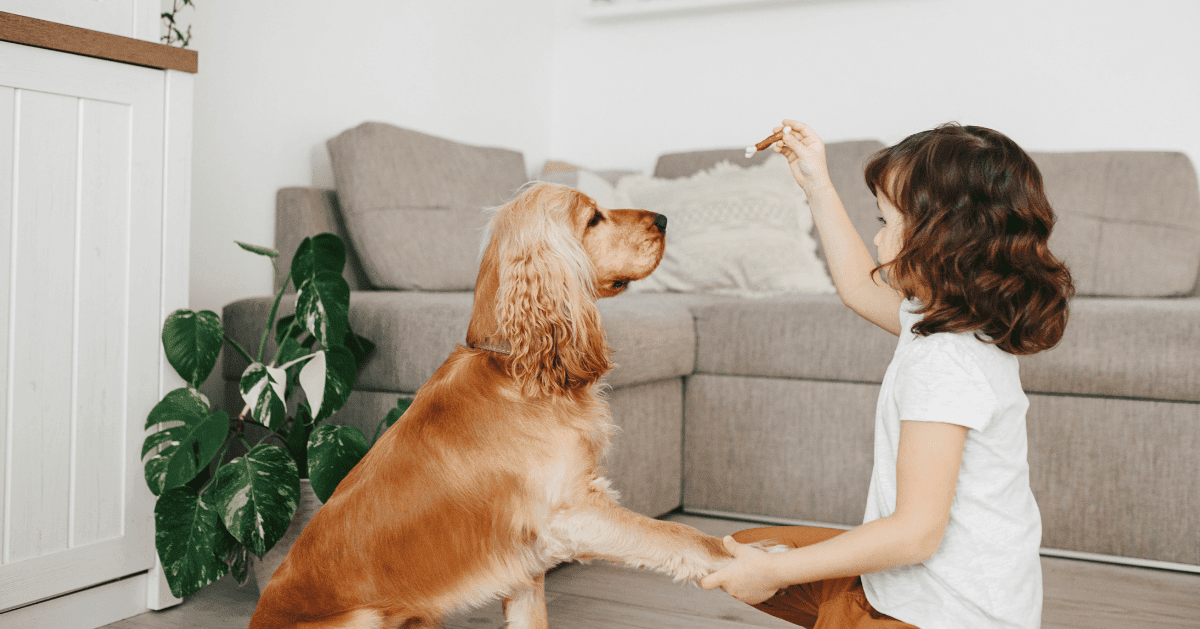
Set aside regular playtime
Playing games with your pooch is a great way to build trust and confidence. Teaching them to play 'fetch' or 'hide and seek' will break down any barriers that may be there. Lots of dogs will also enjoy playing scent games, or may like you to join in when they play with their favourite toys. Remember always to reward them or make a fuss of them when they come back, or 'find' you - and they'll definitely want to repeat the games!
Training
Working with your dog and training them to undertake simple tasks, like'sit', 'stay' or 'fetch' will reap great benefits - for you both. It's the responsibility of every dog owner to make sure your dog is properly trained, for your own peace of mind and for your dog's safe welfare. Whether a puppy or older dog, training will teach your dog boundaries, new tricks and improve their trust in you.
Talk to them!
It's amazing how a dog can understand what humans say to them. They may not be able to speak but they can certainly understand simple commands and statements. They know from the tone of your voice how you are feeling, so keep talking to them when you are at home, in the car, or out on a walk. It's well documented that dogs make great companions for the elderly, who often spend a lot of time just talking to them, as they would to a human.
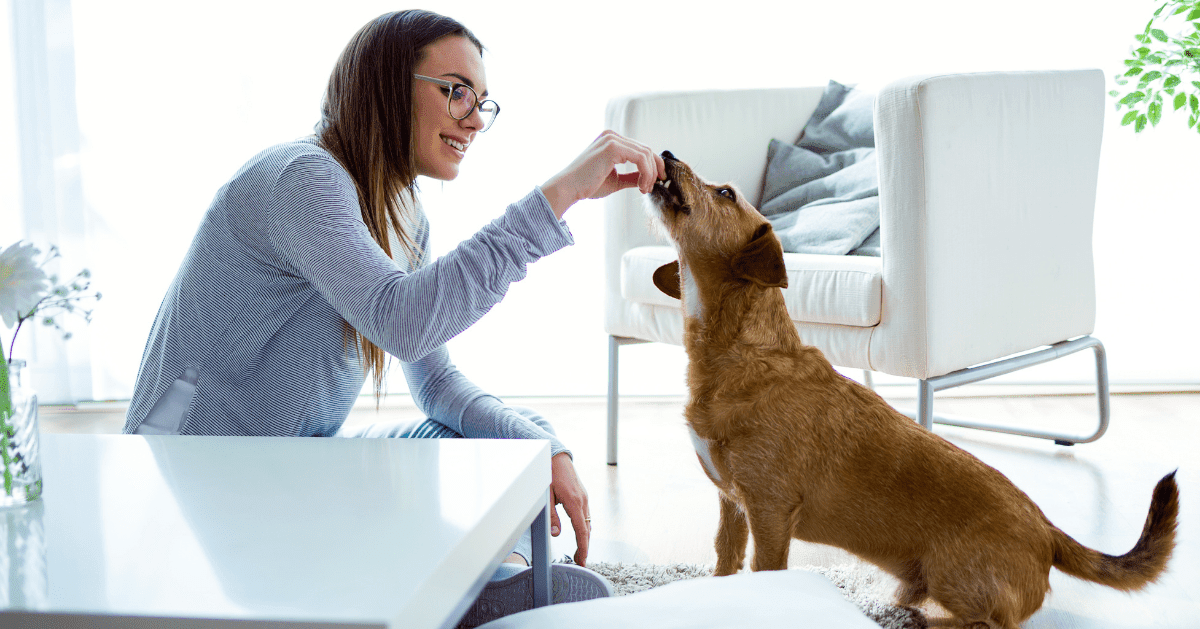
Be patient and consistent
Spending time with your dog, being patient until they learn, and being consistent with the rules, will help your dog understand what you expect from them. Teach them at their pace and don't get annoyed if they don't get the message straight away. Never punish them and if they show no interest, leave it and try again at another time when you think they will be more receptive. Patience and consistency are key to gaining your dog's trust!
If you have a concern that your relationship with your dog is not as you would wish, or that they are not being receptive, you should consult your vet to rule out any underlying health issues which could be affecting your dog; if this is all clear, seek advice from a qualified behaviourist or trainer.
{{cta('c96448ed-46e0-4317-bec3-cbe2dcb018a1')}}
Understand Dog Body Language better with free course from Dog Training experts:



